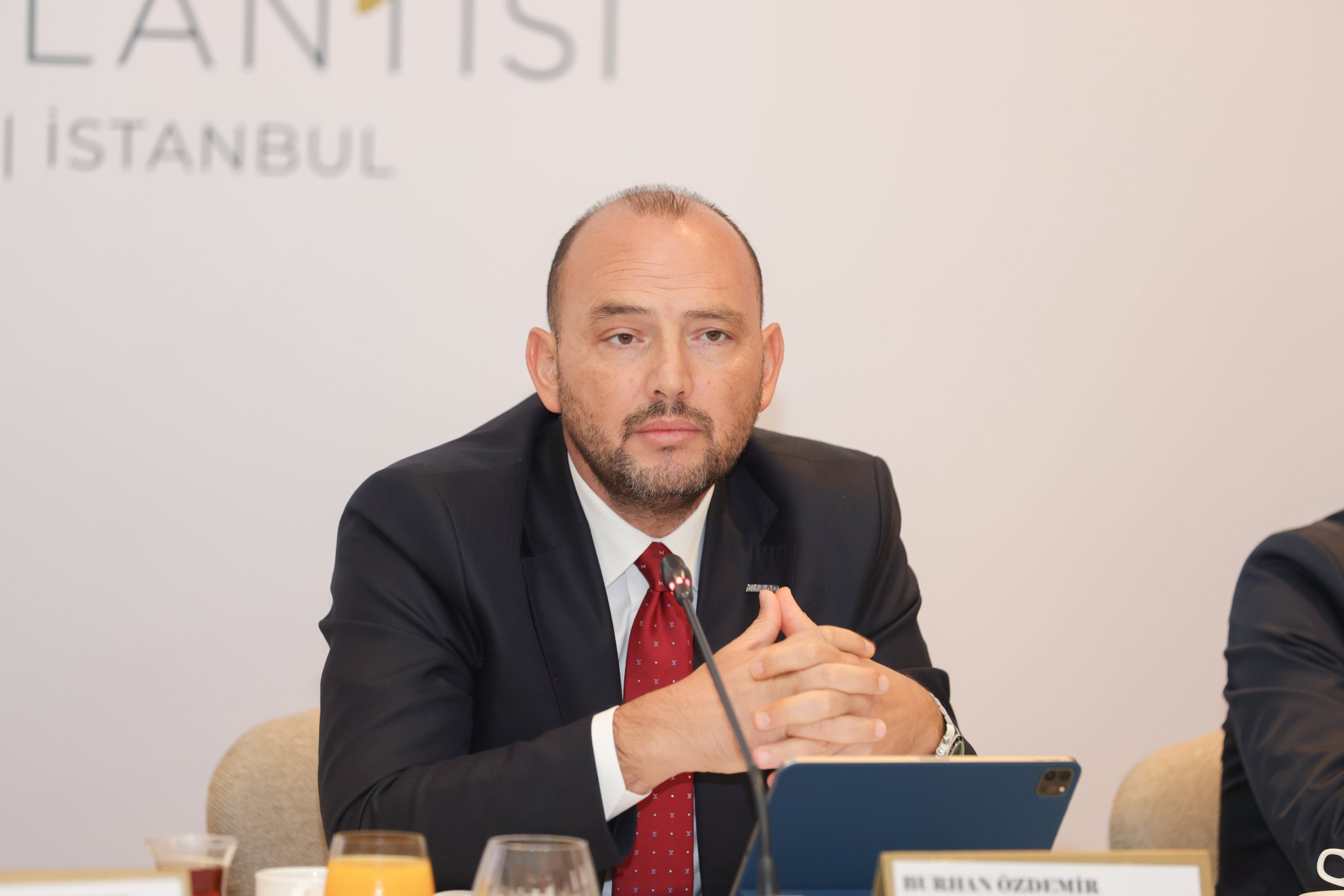Physical Address
Indirizzo: Via Mario Greco 60, Buttigliera Alta, 10090, Torino, Italy
Physical Address
Indirizzo: Via Mario Greco 60, Buttigliera Alta, 10090, Torino, Italy

One of the top business associations is projecting the Turkish central bank to deliver a limited interest rate cut of up to 250 basis points on Thursday but argues that it would fall short of the needs of the real economy.
What is currently needed is a reduction of at least 350-400 bps, Burhan Özdemir, the head of the Independent Industrialists and Businessmen Association (MÜSIAD), told reporters on Wednesday.
Özdemir pointed out that businesses still face limited access to financing, and those who can obtain it are burdened with very high interest rates. He added that the tight monetary policy, which is mainly focused on reducing inflation, has led to “painful” consequences for industrialists.
The Central Bank of the Republic of Türkiye (CBRT) is widely expected to kick off a renewed easing cycle on Thursday with what most surveys expect to be a 250 basis-point rate cut to 43.50% from 46%, as disinflation continues.
“We were expecting a meaningful rate cut, in the range of 350 to 400 bps. But the recent withholding tax hike has slightly dampened those expectations,” Özdemir said.
He was referring to the July 9 decision that raised the withholding tax rate on short-term Turkish lira deposits and investment funds from 15% to 17.5%, and for accounts with maturities up to one year, from 12% to 15%. Economists said this move removed the probability of a strong rate cut.
Aggressive monetary tightening since mid-2023, combined with favorable energy prices, has helped reduce Türkiye’s annual inflation rate by more than half over the past year.
The inflation lastly dipped to 35.05% in June, a better-than-expected print that renewed expectations that the central bank would return to a rate-cutting cycle on Thursday.
Monthly inflation was 1.37% in June, with price declines in key categories such as food and beverages reinforcing the central bank’s view that a disinflation trend is taking hold.
The central bank has repeatedly cited expectations as one factor determining the course of its monetary policy.
In May, it maintained its year-end mid-point estimate for the consumer price index (CPI) at 24%, with an upper band of 29%. Turkish officials continue to emphasize that inflation will remain within this forecast band.
The monetary easing is likely to continue through at least the third quarter of 2026, according to economists.
If delivered on Thursday, the move would mark the first cut since a surprise 350 basis-point hike in April, which reversed an earlier easing cycle. That tightening helped stabilize markets after the jailing of Istanbul Mayor Ekrem Imamoğlu sent Turkish assets and the lira sharply lower in March.
Imamoğlu was arrested pending trial over graft charges.

Özdemir said “significant” rate cuts should now be introduced gradually in order to help reduce production costs.
“This figure should also reinforce the belief among businesses and households that financial costs will decline. Otherwise, considering the already high labor costs, extremely high financing costs are being added to producers’ production expenses,” he noted.
“There is a risk of a slowdown in production. Moreover, in a disinflationary environment, this slowdown in production could potentially turn into a more inflationary setting.”
Özdemir’s remarks came at a meeting in Istanbul to unveil the “Value-Based Development Vision Document” of MÜSIAD’s new administration.
The association is working on a road map that will offer a fair and sustainable development model for Türkiye, according to Özdemir.
The aim is to present proposals focused on employment, productivity, competitiveness and financing, while also addressing income and wealth inequality, he said.
Özdemir emphasized that one of the key strategic areas they will address is a fair tax reform aimed at reducing income inequality, pointing to the “serious imbalance and disconnect” in income distribution.
He stressed that a “significant” gap has emerged to the detriment of employees between income tax deducted at source and the taxes paid by self-employed individuals and corporations. “Therefore, we will propose a fair tax reform,” he said.
He suggested that tax incentives could be introduced for families with children and for employees who rent their homes. He also mentioned that they will propose structural reforms regarding the taxation of freelancers.
Regarding vocational education, Özdemir said they are planning to develop model proposals that do not impose additional burdens on the public sector.
“We will first create a human resource inventory and share it in a report. Then, we will present a vocational education proposal. We are also working on a campaign to guarantee jobs for students graduating from vocational high schools,” he said.
Özdemir added that MÜSIAD member companies may implement a pilot model for vocational training, covering the costs themselves.
“We have submitted a model proposal to the Ministry of National Education based on systems used in the U.K., Germany and Switzerland. We are discussing this with them. We believe we can carry out a pilot program under the sponsorship of MÜSIAD companies for a certain number of students,” he explained.
“We proposed to cover all expenses during the last two years of their education and to offer job guarantees to a select number of vocational high school graduates.”